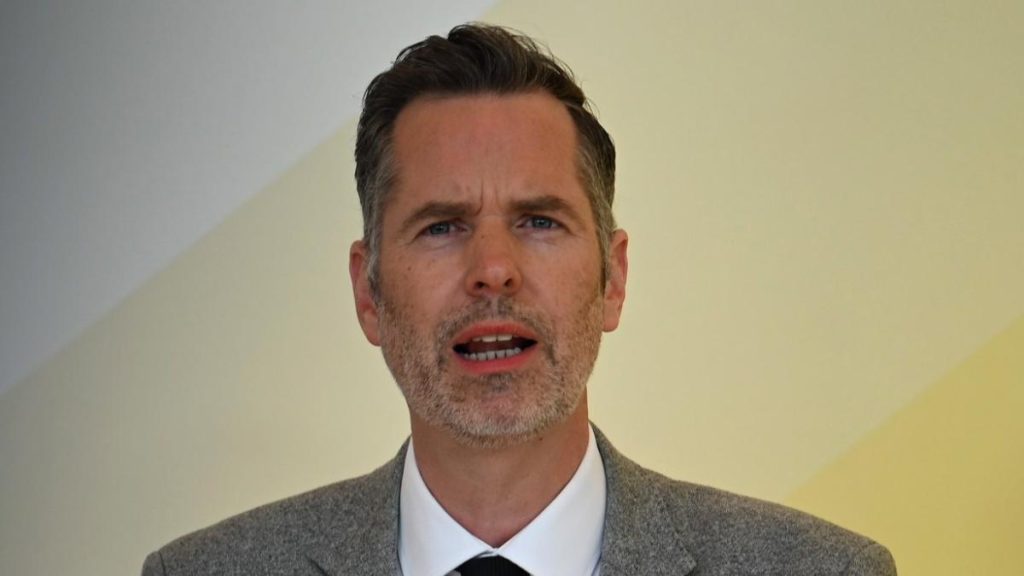The debate over a possible reintroduction of conscription in Germany has led to FDP faction leader Christian Dürr calling on Defense Minister Boris Pistorius (SPD) to reach out to reservists. Dürr emphasized the importance of sending a clear signal to the Bundeswehr’s reserve that they are needed, citing a potential of over one million soldiers when combined with active duty personnel. Pistorius had previously raised the idea of reintroducing conscription in Germany, mentioning the Swedish model which involves mandatory assessment of all young people but relying primarily on volunteers for enlistment. However, Dürr urged Pistorius to focus on engaging with reservists, as many are eager to contribute but have not been offered the opportunity.
According to Dürr, there are many reservists who are willing to serve but have not been approached with an offer. He stressed that these individuals have already committed to the Bundeswehr and possess valuable professional expertise, particularly in fields such as IT, that could be beneficial to the military. By actively reaching out to reservists, Dürr believes that the Bundeswehr could significantly strengthen its capabilities and effectiveness, especially in modern areas that require specialized skills and knowledge. This call for engagement with reservists comes amidst ongoing discussions regarding the future of conscription and the role of the military in Germany.
Pistorius has been vocal about exploring the possibility of reintroducing conscription or service duty in the country, citing various models including the Swedish approach. While emphasizing the importance of maintaining a strong and capable defense force, Pistorius has also highlighted the need for innovative solutions and approaches to attract and retain personnel in the Bundeswehr. The debate surrounding conscription has sparked a wider conversation about the role of the military in society, the recruitment and retention of personnel, and the overall organization and structure of the Bundeswehr.
The issue of conscription and the potential utilization of reservists has also raised questions about the readiness and preparedness of the Bundeswehr to respond to various security challenges and threats. As the geopolitical landscape continues to evolve and new threats emerge, there is a growing emphasis on the need for a flexible, adaptable, and highly skilled military force. Engaging with reservists and utilizing their expertise could be a key strategy in enhancing the capabilities of the Bundeswehr and ensuring that it remains at the forefront of national defense and security.
Overall, the debate over the reintroduction of conscription in Germany, as well as the role of reservists in the Bundeswehr, highlights the ongoing challenges and opportunities facing the country’s defense forces. By actively engaging with reservists and leveraging their skills and expertise, the Bundeswehr could not only strengthen its capabilities but also adapt to the changing security environment. As discussions and consultations continue, it remains to be seen how the Defense Ministry, under Pistorius’ leadership, will respond to calls for increased outreach to reservists and the potential implications for the future of the Bundeswehr.


